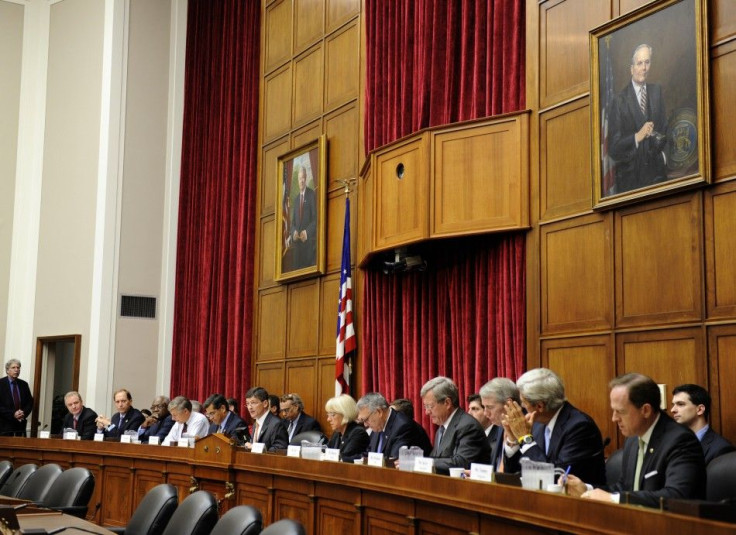Super Committee: Six Legislators form Mini-Group Seeking Compromise

It's the Gang of Six: Redux. Showing a seemingly endless Congressional affinity for pairing off three Democrats and three Republicans, six members of the budget deficit super committee have formed a mini-group within the 12-member group in an effort to iron out a deal that just barely meets or slightly surpasses the committee's $1.2 trillion deficit reduction goal, according to Reuters.
The six Congressional reps are seeking a deal between $1.2 and $1.5 trillion, according to aides who spoke with Reuters on the condition of anonymity.
Two of Three Republicans Open to Revenue Increases
The move comes on the heels of reports showing both sides backing down on once steadfast ideological positions. According to POLITICO, super committee co-chair U.S. Sen. Patty Murray, D-Wash., acknowledged Social Security is still on the table, while two of the three Republicans in the new Gang of Six are open to revenue increases.
According to Reuters, the six legislators have not formally split off, but are working together within the committee to broker a deal. At least two of the three Republicans are open to revenue increases as part of the plan, sources said.
The mini-group's goal of just matching the $1.2 trillion deficit reduction minimum seems to acknowledge a much ballyhooed grand bargain remains a pipe dream, as the super committee remains adamantly split over whether a budget deficit deal should include significant tax increases.
The Joint Select Committee on Deficit Reduction's time to scrap together $1.2 trillion in deficit reduction over the next decade is dwindling, with its Nov. 23 deadline fast approaching.
To-Date: Modest Progress
Still, the inclusion of Social Security and possible tax increases presents a small dose of progress.
Everything is on the table, and we've made no decisions, Murray told POLITICO when asked specifically about Social Security.
On Monday, House Speaker John Boehner, R-Ohio, acknowledged a deal would be tough to iron out, but could be achieved without abandoning principals.
Last week, both parties revealed their opening gambits for a deal, with Democrats proposing a $3 trillion mix of tax increases and spending cuts, and Republicans countering with a $2.2 trillion plan comprised solely of spending cuts.
The super committee was established as part of a deficit reduction deal, the Budget Control Act, in exchange for raising the nation's debt ceiling on Aug. 2. While the government was allowed to borrow up to $2.4 trillion more through 2013, the super committee was charged with reaching a bipartisan consensus on $1.2 trillion in deficit reduction over the next decade. Congress then has until Dec. 23 to pass the recommendations, otherwise trigger cuts, in the form of slashes to defense spending and Medicare benefits, would be automatically enacted.
© Copyright IBTimes 2025. All rights reserved.





















